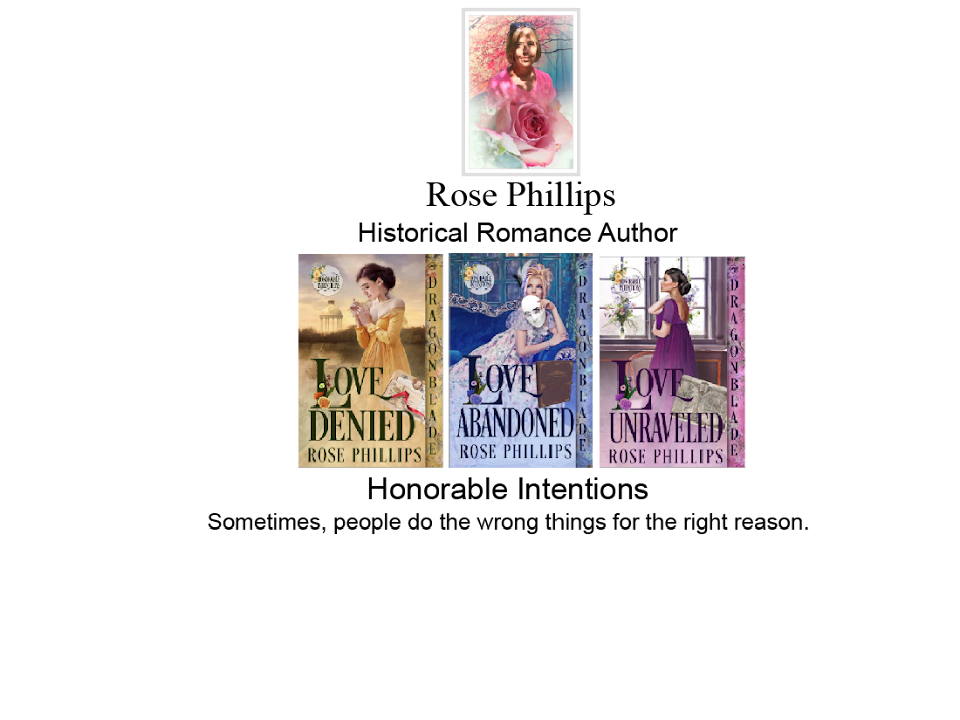I am all for being considerate of others and their opinions, on a
one-to-one basis and on a global scale. But, there are days that my crusty self
raises its ugly head and roars. I had one of those days this week when it was
announced that MP Mauril Bélanger was going to try to once again change the lyrics
to our national anthem. Because of his recent diagnosis of ALS, I hesitated for
a moment to allow the crustacean in me to surface. But, while my heart goes out
to him and his family for that awful turn of life, I am not attacking him, but
expressing my frustration with the apparent priorities of our government. It
is, after all, our tax dollars that pay the salaries for these folks to debate
key topics, not to mention to cover the costs that would be incurred should we need to change the lyrics. Personally, the anthem isn't even on my list of concerns for our country. It would be laughable if it wasn't so frustratingly stupid—a waste
of time and money when there is not enough of either to go around.
The controversy rests in the line "in all thy sons command".
Apparently, it is harming the women of our country and needs to be changed to
a gender-neutral reference. I won't even talk about how insulting I find it to insinuate
that my female psyche is so fragile that it is damaged by this line, nor about
how a country that prides itself on being a mosaic is less concerned about the definitive
religious slant in the song, nor about how, as a bilingual country, the lyrics in French
(the original anthem for those who don't realize that) do not match the English
"translation". These are sandpaper ponderings chaffing my indignation
at the lack of common sense and the absence of practical solution-seeking to
real issues.
 I want to know that my government is hearing the voices of La Loche, a
community rocked by more than the recent shootings. Can we spend parliamentary
time talking about disengaged youth, about connection and support, about youth
centres? Can we honestly, with more than just the intent to make a difference, pursue the events that have resulted
in the oppression and suffering of communities of Indigenous Peoples? Help find
solutions. Help implement them. They will guide you, my government, if you
listen carefully.
I want to know that my government is hearing the voices of La Loche, a
community rocked by more than the recent shootings. Can we spend parliamentary
time talking about disengaged youth, about connection and support, about youth
centres? Can we honestly, with more than just the intent to make a difference, pursue the events that have resulted
in the oppression and suffering of communities of Indigenous Peoples? Help find
solutions. Help implement them. They will guide you, my government, if you
listen carefully.
I want to know that my government is genuinely concerned about the
environment, that they are looking at industrial impact on our natural world.
Can we try to focus on ruptured pipelines, fresh water and marine protection,
pursuit of clean, sustainable, green energy? It is a challenge. We want
everything, but it comes at a cost. My government, how can we ensure that today's price is not
paid by future generations?
And, what about our economy? A sagging loonie, the death of job
sectors, growing levels of poverty? Can we talk about those issues? Can we
spend valuable time and money on finding ways to strengthen our country's
financial base, to ensure security for each Canadian family…old and new? I look
to you, my government, to help us sort this out.
I have but skimmed the surface of issues far greater than the words in
our anthem, words that many Canadians probably cannot quote anyway. Please, my
government, let's get our priorities straight. I do not need to see my gender
named specifically in the anthem. I need to see my needs, the needs of my
fellow Canadians, and the needs of our country addressed in meaningful ways.
With no change in lyrics, I will continue to stand on guard for thee, I
really will. Please show me that you are standing on guard for me. For us. All
of us.


















